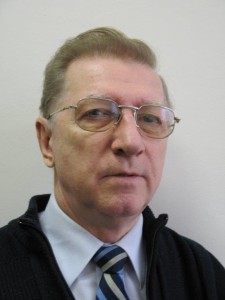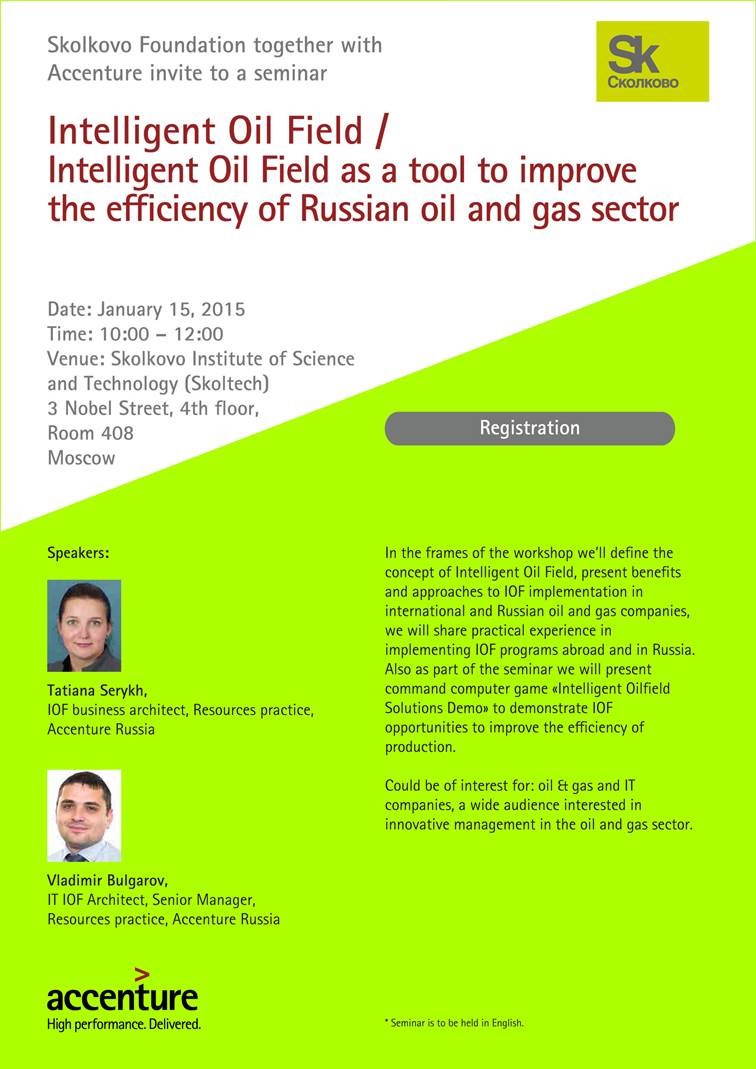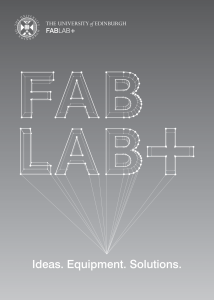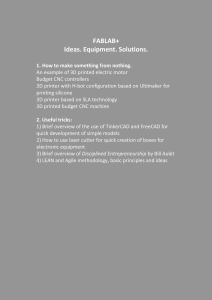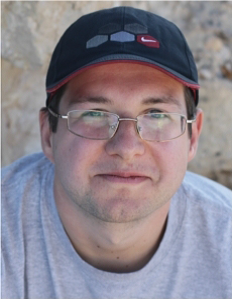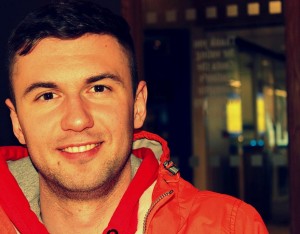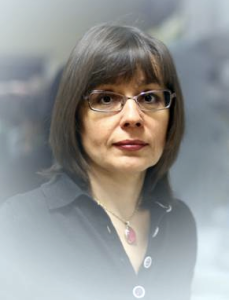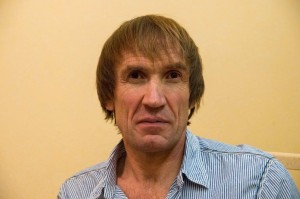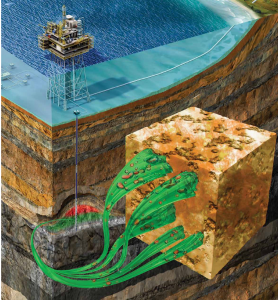 We are glad to invite you to a seminar by Dr. Alexey Cheremisin, titled “Advanced Methods and Equipment for Flow in Porous Heterogeneous Media Investigation in the Field of Oil & Gas Production”
We are glad to invite you to a seminar by Dr. Alexey Cheremisin, titled “Advanced Methods and Equipment for Flow in Porous Heterogeneous Media Investigation in the Field of Oil & Gas Production”
When: January 27, 2016, 12.30 – 14.00
Where: TPOC-3, Room 403
Seminar abstract
The presentation describes the contribution in fundamental and applied experimental petrophysics made by Dr. A. Cheremisin. Advanced techniques and equipment for measurements of the hydrodynamic flow parameters and mechanical properties of heterogeneous, anisotropic, fractured and porous mediums made by him allowed to obtain the unique experimental data on the reservoirs rock samples. Recent achievements and their application in enhanced oil recovery will be presented in the first part of the presentation.
In the second part of the talk, the current status of ongoing experimental research in the Skoltech Center for Hydrocarbon Recovery will be shown.
My research plans on experimental and numerical simulation of chemical and thermal enhanced oil recovery methods including: in-situ combustion, high pressure air injection, steam injection, CO2 and flue gas injection, surfactants and polymer injection; experimental and numerical simulation of core mechanical properties will be described in the third part of the talk.
Speaker introduction
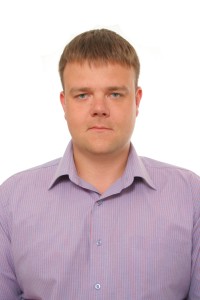 Dr. Alexey Cheremisin completed his education in Physic Department of Novosibirsk State University (Novosibirsk, Russia) in 2003 and started his PhD at the Lavrentyev Institute of Hydrodynamics, Russian Academy of Science (Novosibirsk, Russia) under the supervision of Prof. Evgeny Palchikov.
Dr. Alexey Cheremisin completed his education in Physic Department of Novosibirsk State University (Novosibirsk, Russia) in 2003 and started his PhD at the Lavrentyev Institute of Hydrodynamics, Russian Academy of Science (Novosibirsk, Russia) under the supervision of Prof. Evgeny Palchikov.
He later moved to Heriot-Watt Petroleum Engineering Approved Support Center at Tomsk Polytechnic University for the position of research engineer and tutor. In 2005 Alexey moved to Schlumberger Novosibirsk Technology Center. In 2011 Alexey moved to Geologika company as chief executive officer and technical director. He was responsible for the company operations, new business development, technology platform and scientific laboratory center development. In 2014 Dr. A. Cheremisin moved to the Skoltech Center for Hydrocarbon Recovery as Program Manager and was promoted to Associate CREI Director of Experimental Research in December 2015.
Dr. A. Cheremisin has a broad range of experimental and numerical simulation research expertise: non-destructive testing, fluid flow in porous media, X-ray tomography methods, electron microscopy, fast and explosion processes, geomehcanics, oil&gas reservoir development simulation and enhanced oil recovery methods.
